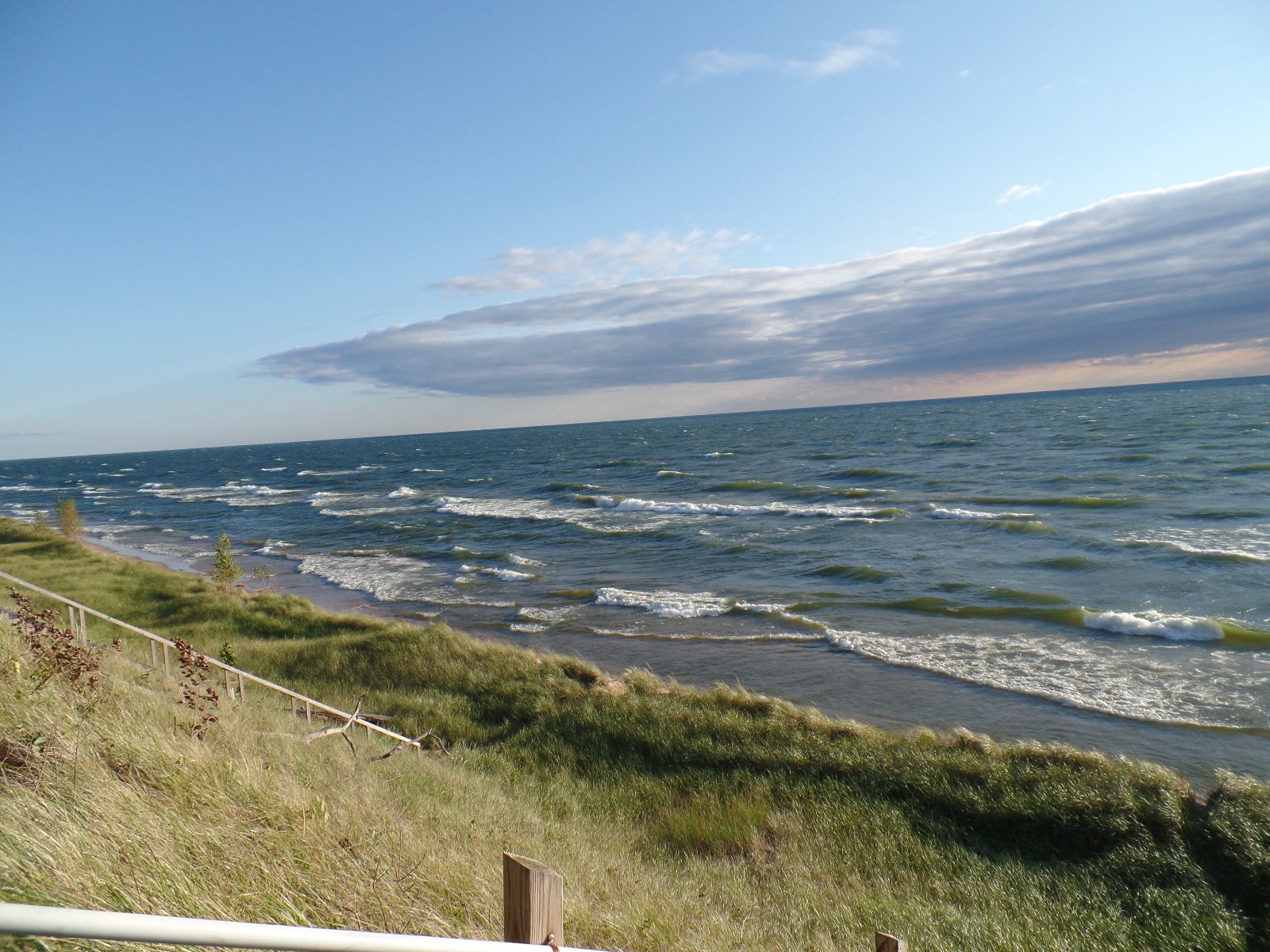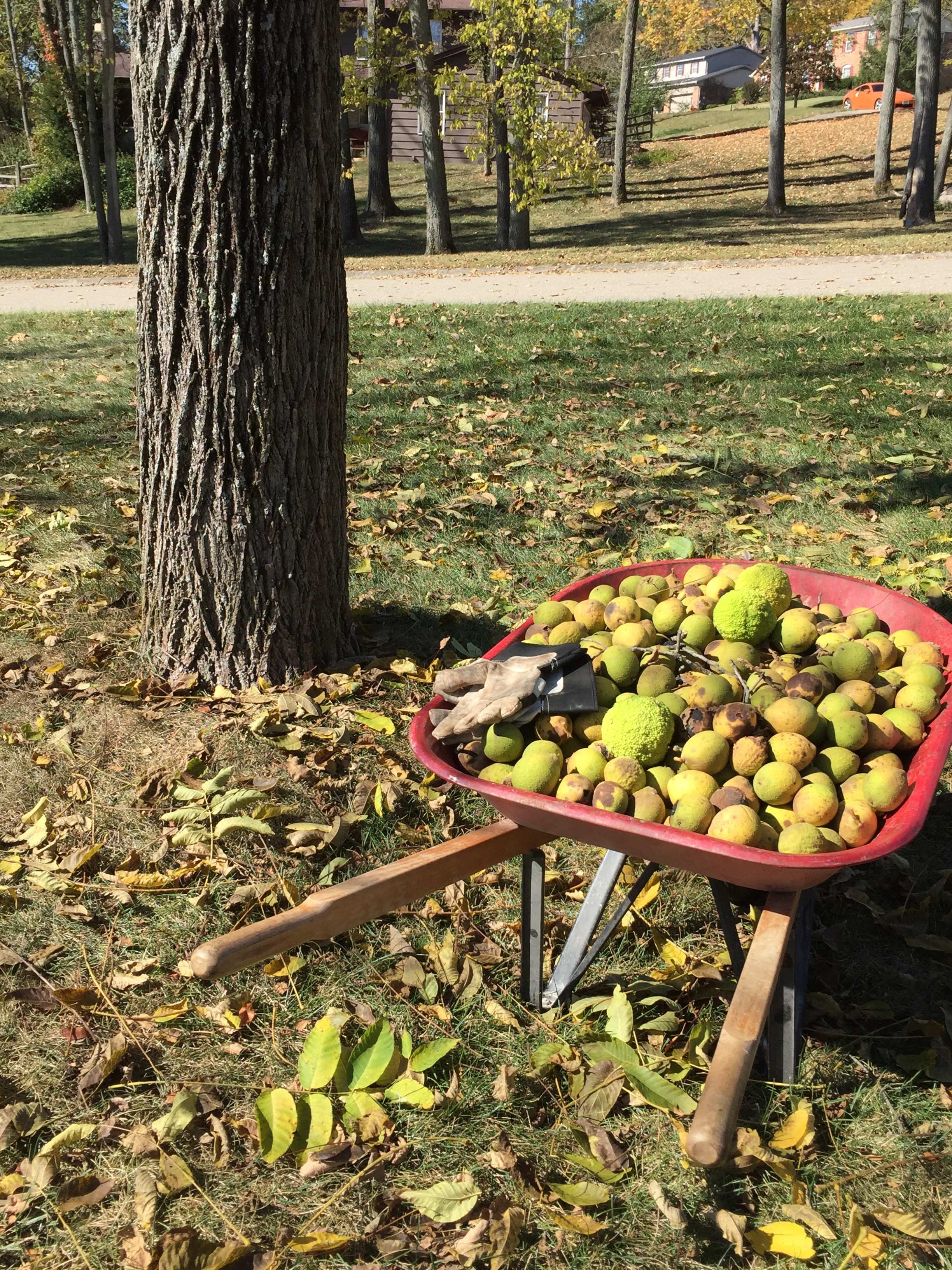I have heard there are rules for writing that must be followed, especially by new authors.
In life, I've probably mostly followed the rules. Tie your shoes. Comb your hair. Cross your Ts and dot your lower case Js. Don't let the bed bugs bite. But I usually didn't like it much, especially when the rules seemed arbitrary. Perhaps if someone explained why it's so critically important to not go swimming for at least an hour after eating, I might be more inclined to obey. Maybe.
Here's a rule I heard at a writing seminar given by a noted author. "Eliminate all forms of the verb to be." That encompasses a lot: am, are, is, was, were, be, being, been, and the helper verb will. This speaker advocated use of action verbs, such as see and jump and run. It reminds me of some ancient elementary school books. Run, Dick, run. Run, run, run. See Jane jump. Jump, jump, jump.
This rule, while perhaps wise, neglects to consider the value of the "forbidden verb" in some of our most cherished literature:
"To be, or not to be, that is the question." (Hamlet by Shakespeare)
"It was the best of times, it was the worst of times,...." (A Tale of Two Cities by Charles Dickens)
"Fuzzy Wuzzy was a bear, Fuzzy Wuzzy had no hair, Fuzzy Wuzzy wasn't fuzzy, was he?" (Fuzzy Wuzzy by Rudyard Kipling).
Another rule I've heard is that a writer should never, absolutely never, start a sentence with a conjunction.
And with that thought in mind, I am certain that rules are meant to be broken.
Don






